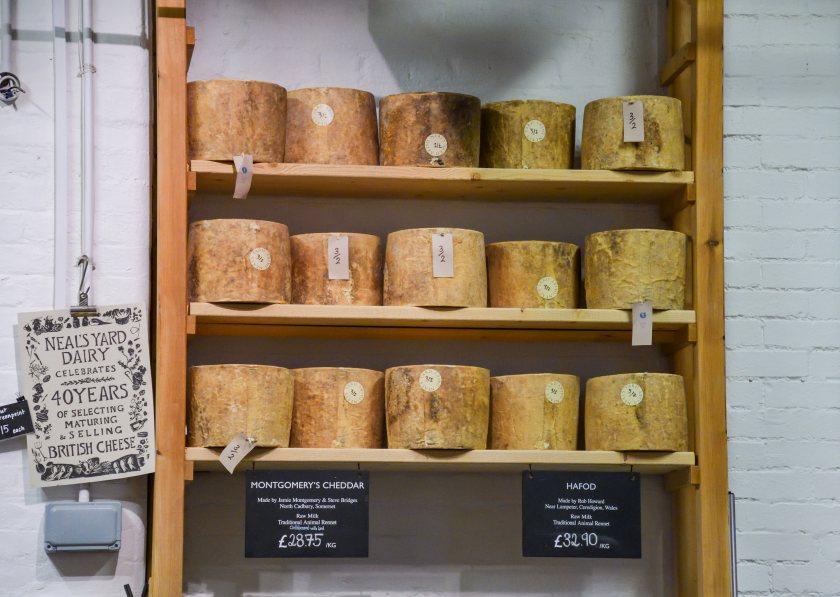Agri-food attachés open £100m in new markets for British producers

British food and drink producers stand to gain nearly £100 million in new export opportunities this year, after UK trade specialists helped dismantle dozens of overseas barriers affecting agricultural goods.
Government data shows that the UK’s network of 16 agri-food attachés has helped to resolve 41 trade barriers since January 2025, opening new markets for farmers and food manufacturers.
Key developments include the reopening of pork exports to China worth an estimated £80m, new access to Vietnam’s live-seafood market valued at £4m a year, and a deal to send £35m worth of dairy products to Egypt. British pork has also secured a new £3.8m annual market in Mexico, according to industry figures.
The attaché scheme, set up to strengthen UK trade ties in key export markets, forms part of wider efforts to expand Britain’s £37 billion food and drink sector — the nation’s largest manufacturing industry, employing nearly half a million people.
In 2024, the UK exported £24.6 billion of agri-food products, according to Defra. Previous wins have included opening the US market to British beetroot in 2024 and securing protected status for Scotch whisky in Argentina.
Food Security Minister Dame Angela Eagle said the attachés’ work was helping to grow opportunities for UK producers abroad.
“Every trade barrier we remove is another door opened for British farmers and food producers to sell their world-leading products,” she said.
“British food and drink is highly sought after in markets worldwide and, thanks to the dedicated work of our trade attachés, we’re helping producers grow their businesses and the economy.”
Jonathan Eckley, International Trade Development Director at AHDB, said close cooperation between government and industry was critical to securing access for red meat and dairy.
“Ensuring we have a broad portfolio of markets for our world-class red meat and dairy produce is essential to maximise opportunities,” he said.
“The collaborative approach between AHDB, industry and government delivers tangible results for our levy payers and supports the long-term growth of our sectors.”
Industry groups have welcomed the attaché programme but urged ministers to maintain focus on post-Brexit trade friction, labelling rules and export logistics, which continue to challenge some producers.
Working with Defra and the Department for Business and Trade, the attaché network uses in-country expertise to showcase the quality and safety of British produce — from whisky and chocolate to cereals and animal feed.
According to government figures, the UK’s top agri-food exports last year included whisky (£5.5 billion), salmon (£0.9 billion), chocolate (£0.9 billion) and cheese (£0.9 billion), highlighting the strength and diversity of Britain’s food and farming industries.
Analysts say the attachés’ work demonstrates steady progress in rebuilding trade relationships after Brexit, though exporters warn that global competition, shipping costs and import regulations remain persistent challenges.








